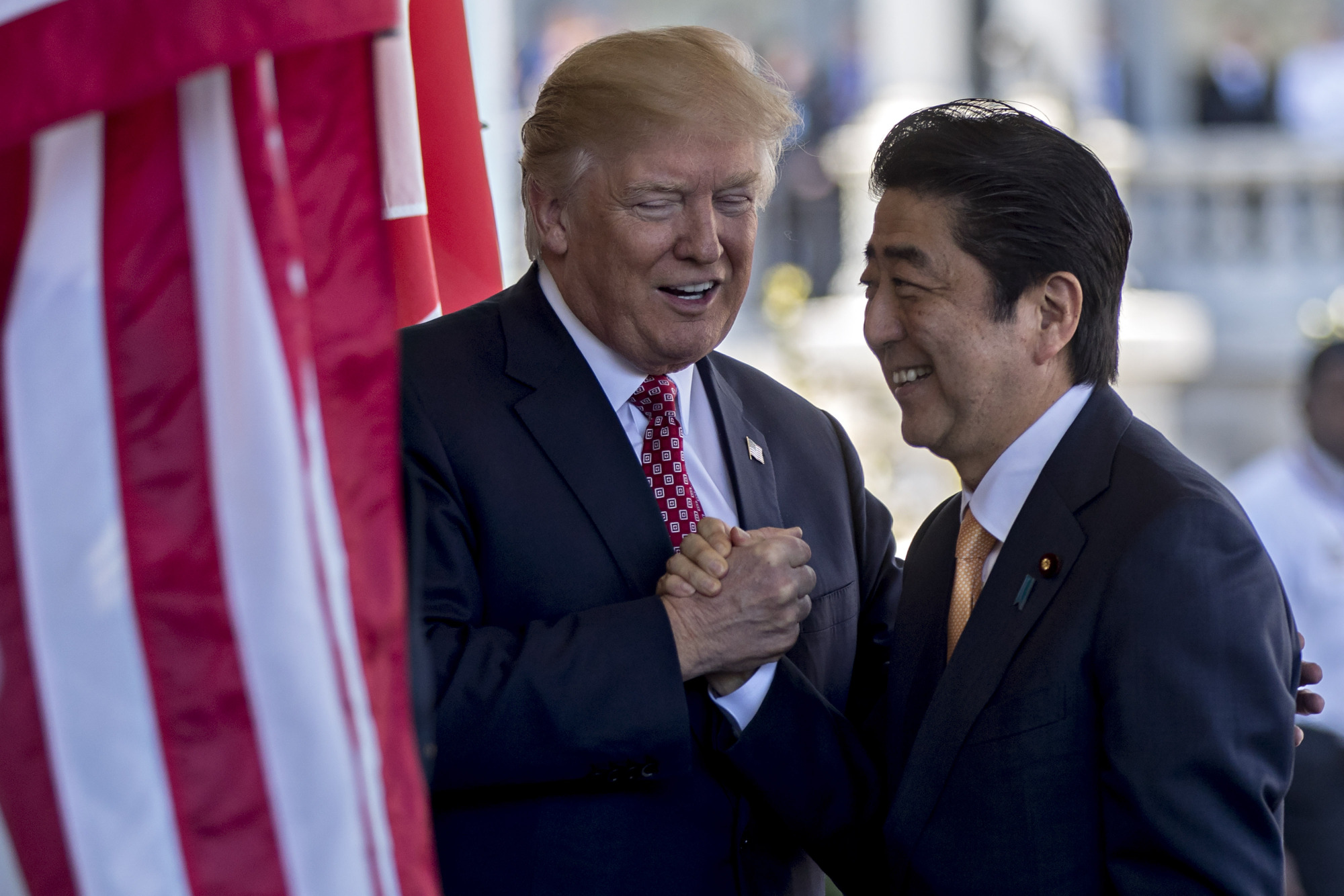Driving into the mountains of Japan in mid-May and gazing at the still-snow-dappled peaks and verdant mountainsides stretching across the horizon, I was overcome with a sense of how beautiful it is here. Suddenly "Utsukushii Nihon e" ("Toward a beautiful Japan") escaped my lips, prompting my co-pilot to chide, "So you are finally coming around to Abe's point of view?"
"Toward a Beautiful Country" is the title of the book the current prime minister, Shinzo Abe, wrote in 2006 (revised in 2013), so my choice of phrasing was deliberate, juxtaposing ethereal Japan with Abe's dark space. His reactionary vision for the future is caught in a pre-1945 time warp, drawing on the values that prevailed in Imperial Japan that are out of touch with contemporary Japan. There is nothing beautiful or inspiring about his glowering ideological agenda.
Like many other Japanese politicians, Abe's seat in the Diet, and political views, are inherited. His father, Shintaro Abe, was foreign minister (1982-87) under one of Japan's most hawkish premiers, Yasuhiro Nakasone, and his grandfather was Prime Minister Nobusuke Kishi (1957-1960). Kishi took the reins of power in a backroom deal in the recently established Liberal Democratic Party following the merger of two conservative parties in 1955 that the CIA helped fund into the 1970s.



